I can’t remember the exact moment I gave up fighting the good fight, but at some point during the last 12 months I finally accepted that I had to let it go. By ‘it’ I’m referring of course to the idea of work-life balance – a concept so elusive, so seemingly unattainable that at this point I’m convinced we’re knowingly being trolled by a society that’s long been telling us we can indeed ‘have it all’.

The solution, we’re told, is simple. All you need to do is make a few adjustments, learn how to better manage your time, and voila! You’ll be able to maintain your work-life balance with ease, all the while juggling your many responsibilities as your household affairs calmly tick over in the background. Sadly, the reality for many of us conflicts with the idyllic scenarios we have a habit of conjuring in our minds. And there’s one glaring factor that precludes 75% of the UK work force from this blissful utopia purely because you cannot achieve true work-life balance if you work full-time. I repeat: YOU CANNOT ACHIEVE TRUE WORK-LIFE BALANCE IF YOU WORK FULL-TIME.
It’s factually impossible to evenly divide your time and attention between family and/or leisure activities when you work five out of seven days of the week
So let’s unpack this. Using the Oxford Languages definition as our reference point, work-life balance is described as ‘the division of one’s time and focus between working and family or leisure activities’. But it’s factually impossible to evenly divide your time and attention between family and/or leisure activities when you work five out of seven days of the week. I’m not saying anything that we don’t already know, but I’m damn sure going to labour the point (no pun intended).
As somebody who was once on what felt like a never-ending quest to conquer work-life balance, it genuinely felt like a relief to assess my reality with brutal honestly and concede that this was one battle I wasn’t going to win. Committing myself to a goal so far out of reach, in addition to working a demanding full-time job, parenting two young children, ensuring my home was in some semblance of order and regularly working into the wee hours to meet freelance writing deadlines, took a huge toll.
After being blighted with my second emotional breakdown in nearly as many months earlier this year, I knew I had to shed some of the layers that were adding to my angst and fuelling my rocketing stress levels. That meant opening the door to a more realistic set of expectations for what my life looks like right now. I may not be able to achieve work-life balance in 2021 but it’s something I’m working towards for the future, and I often wonder how many other women, particularly working mums, are experiencing these same pressures.
Committing myself to a goal so far out of reach, in addition to working a demanding full-time job, parenting two young children, ensuring my home was in some semblance of order and regularly working into the wee hours to meet freelance writing deadlines, took a huge toll
For many of us, the switch to remote working brings with it more positives than negatives. Despite this, the blurring of the divide that separates our personal and professional lives, which was already faltering pre-Covid, has now all but vanished. It’s the price we pay for a more convenient and, depending on your WFH setup, comfortable working arrangement. Yet despite this drawback, a recent RADA Business survey found that nearly half of British workers were either very or extremely interested in remote working permanently going forward. And on the flip side of the argument, ONS research found that working adults named work-life balance as the biggest positive of homeworking.
In an effort to allow employees to better ‘balance their work and home life’ and ‘modernise the way we work’, the government has just announced its plans to make requesting flexible working a day one right. That means every employee in the country will be able to ask for flexible working options, regardless of their time served at a company. It can’t be denied that this is a step in the right direction, but seriously? How is this just now happening?
Flexible working undoubtedly offers some wiggle room on either side of the 9-5 for things like health and wellbeing practices, meeting up with friends, and actually having some free time in the evenings to squander at your will. We know about the psychological, emotional and physical benefits that can result from agile and flexible working, yet it took a global pandemic to essentially force those in positions of power to consider a people-friendly policy which frankly should have been introduced years ago.
The further I progress in my career, the more my vision of my dream job changes. I no longer aspire to be busy, always ‘on’, enthusiastically tapping away at my phone and sending urgent emails while dashing to and from meetings. Instead I now value a commodity that’s often overlooked and criminally underrated: time. The older I get the more I appreciate just how much of a luxury time is. Having more autonomy over our time and how we choose to spend it is ultimately what work-life balance is all about. So here’s to having more time to enjoy whichever of life’s simple pleasures bring you the most joy.


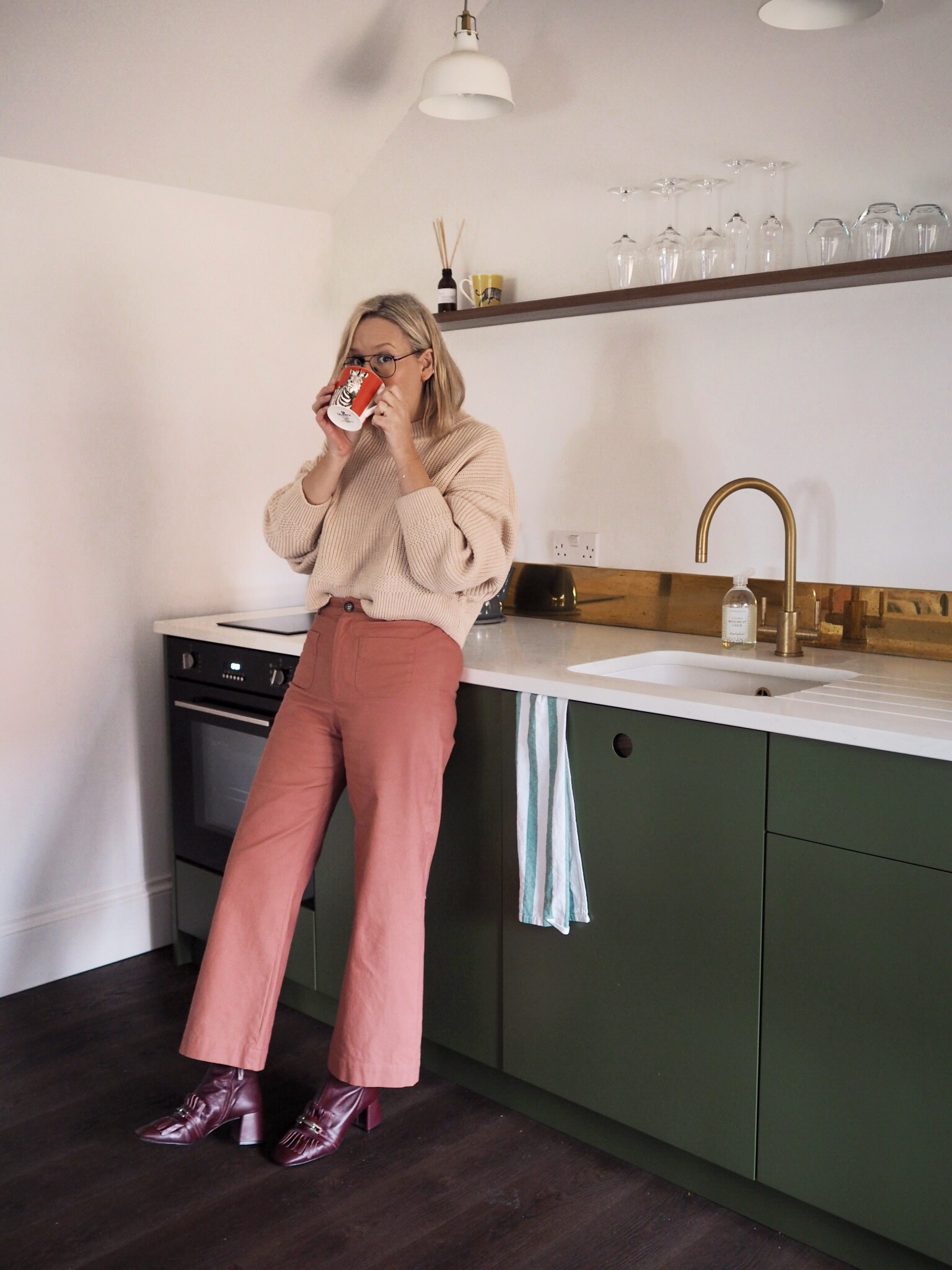
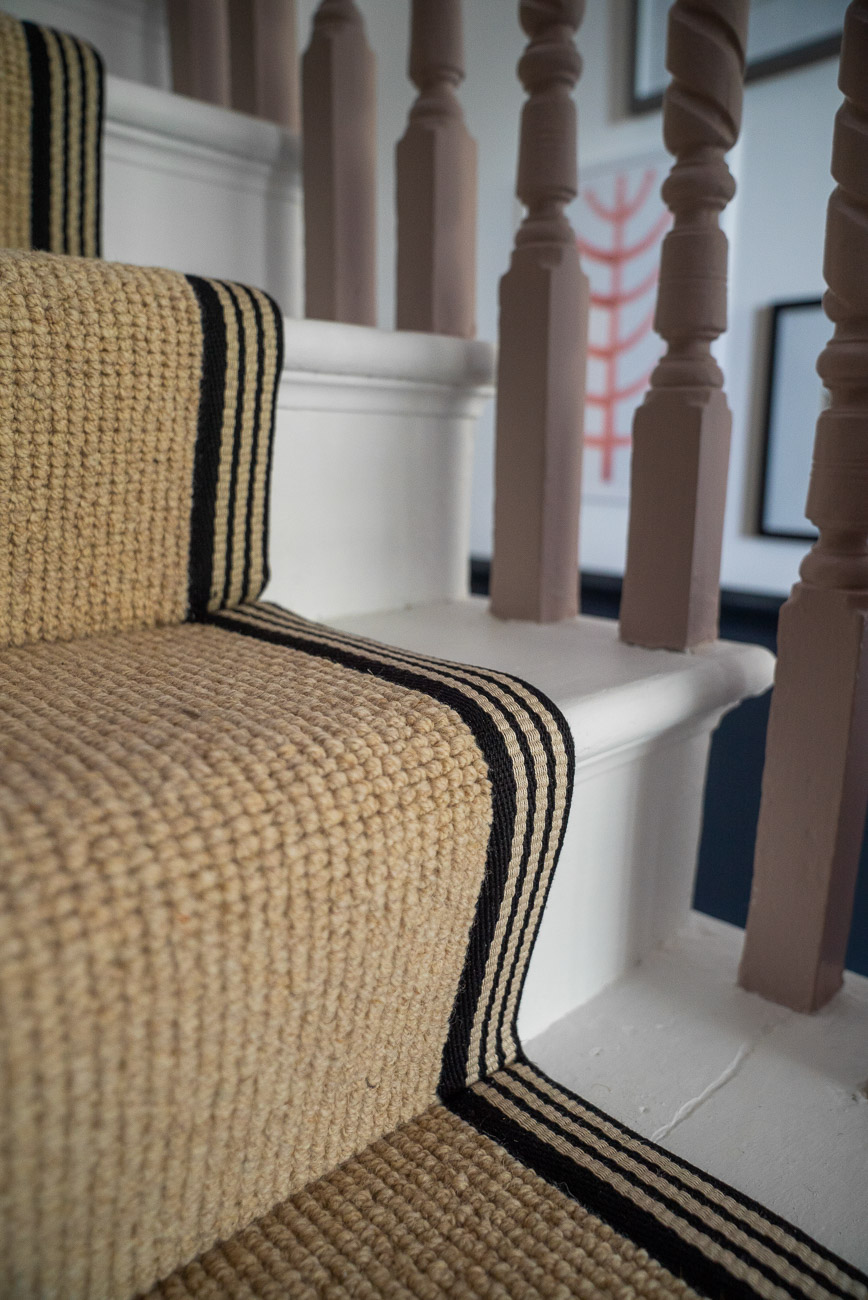





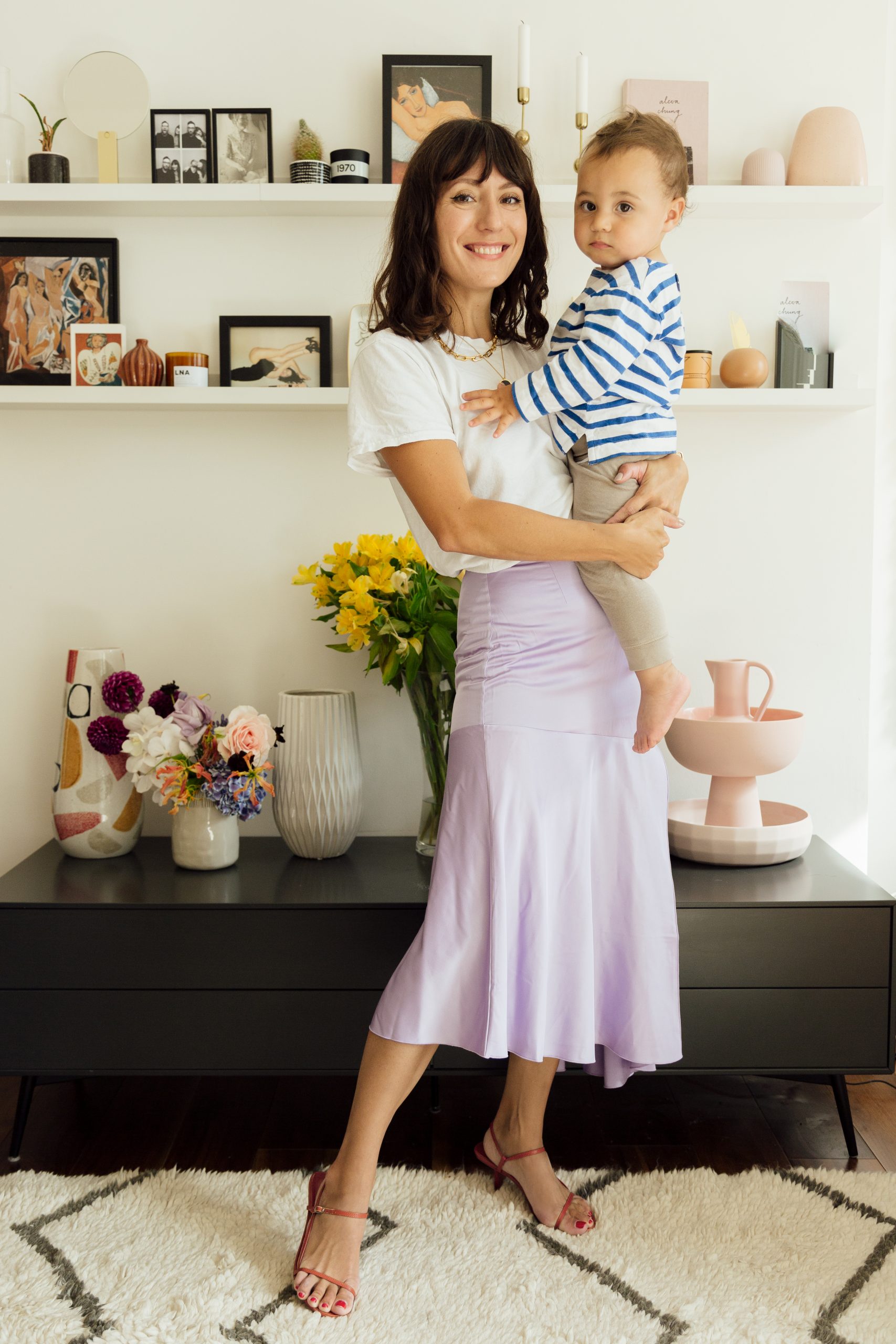

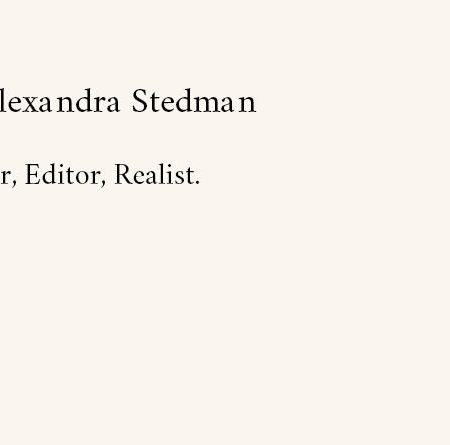
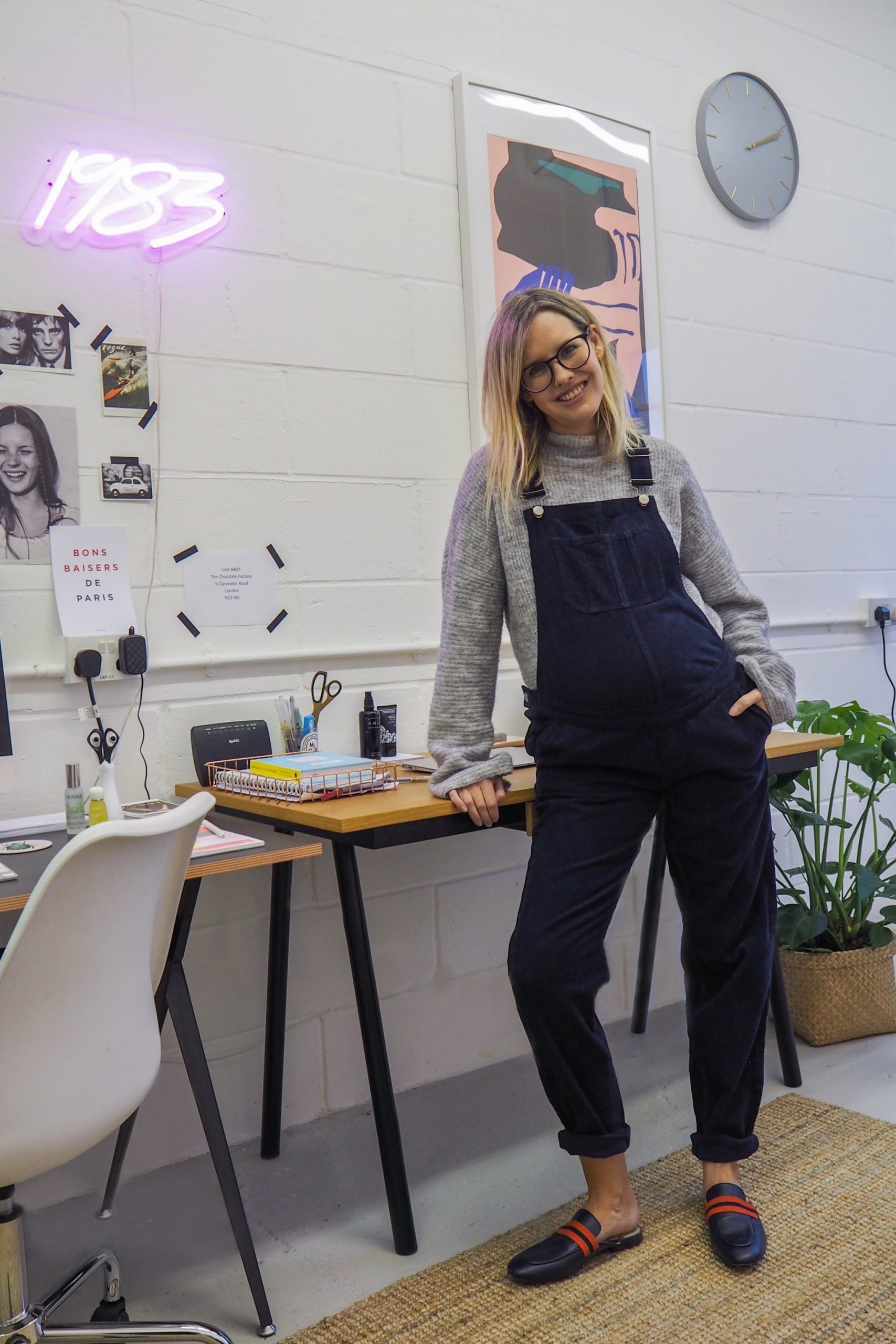
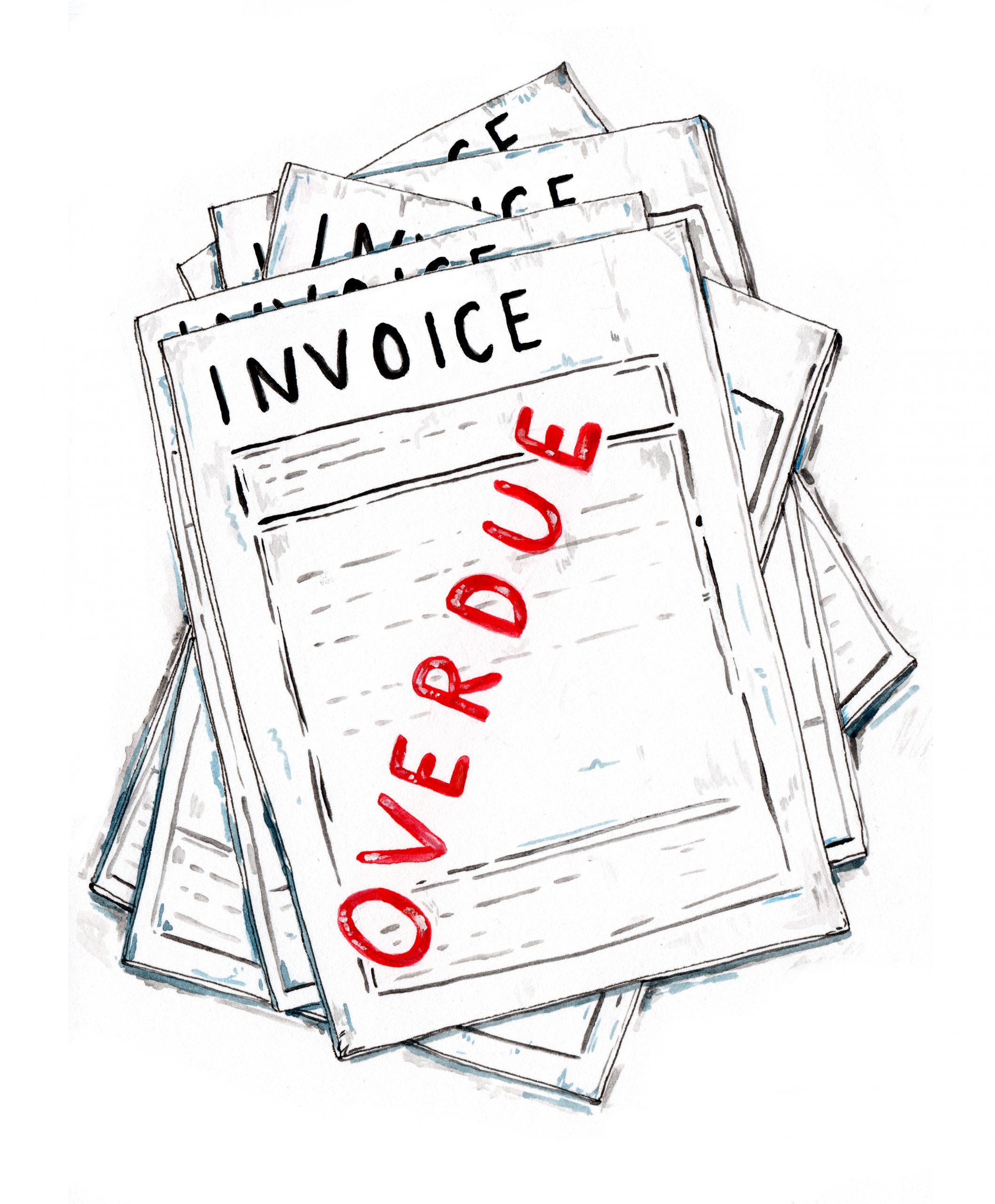

I have read this so many times as it beautifully summarises where I am at too. Thank you for writing it, can we have a follow up please????